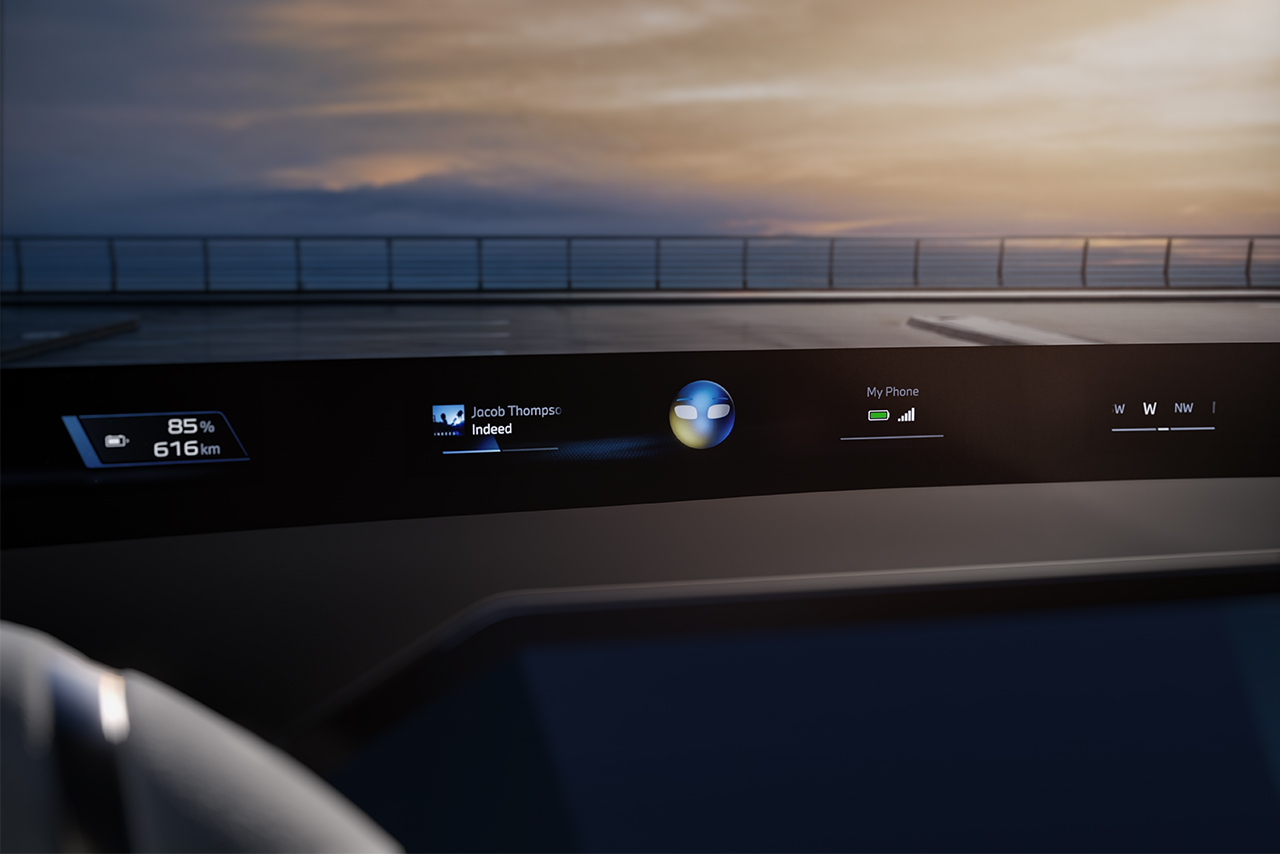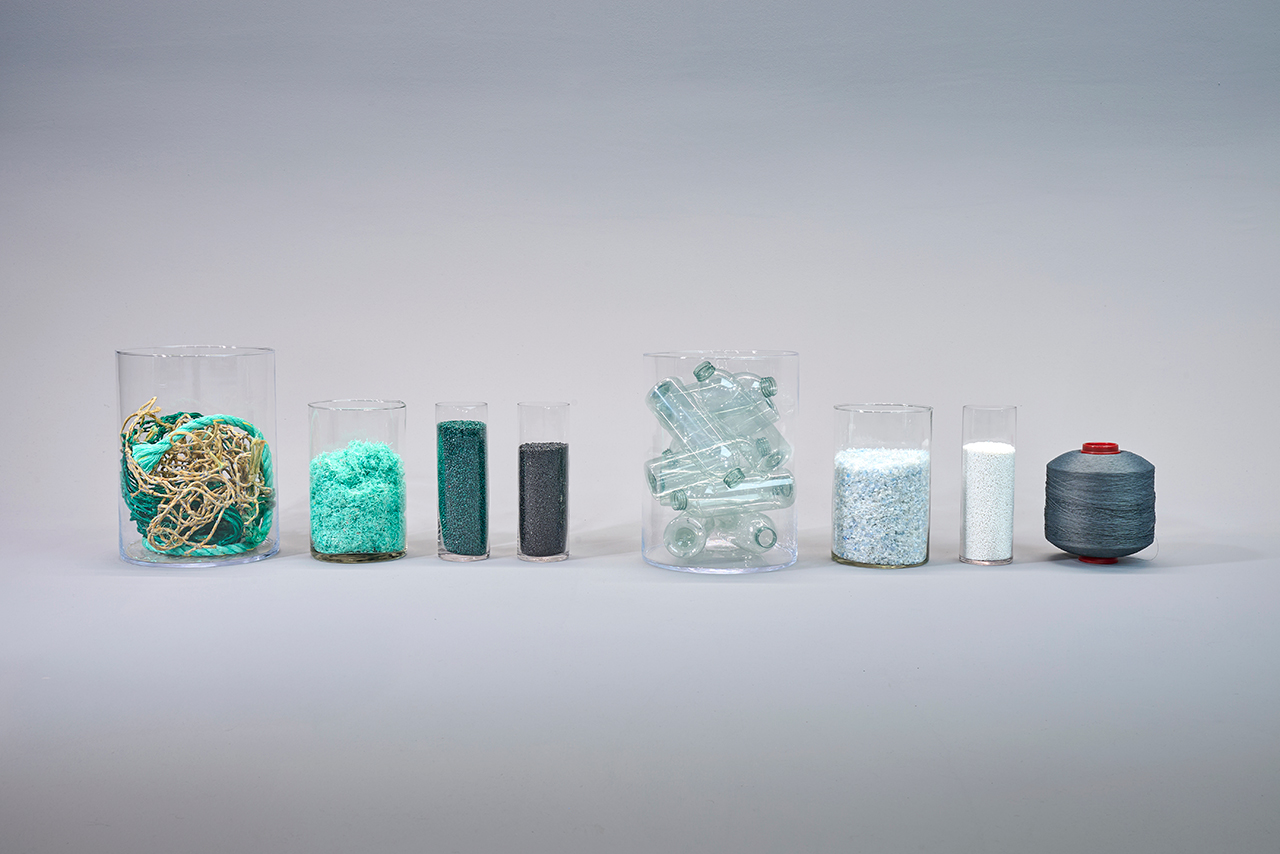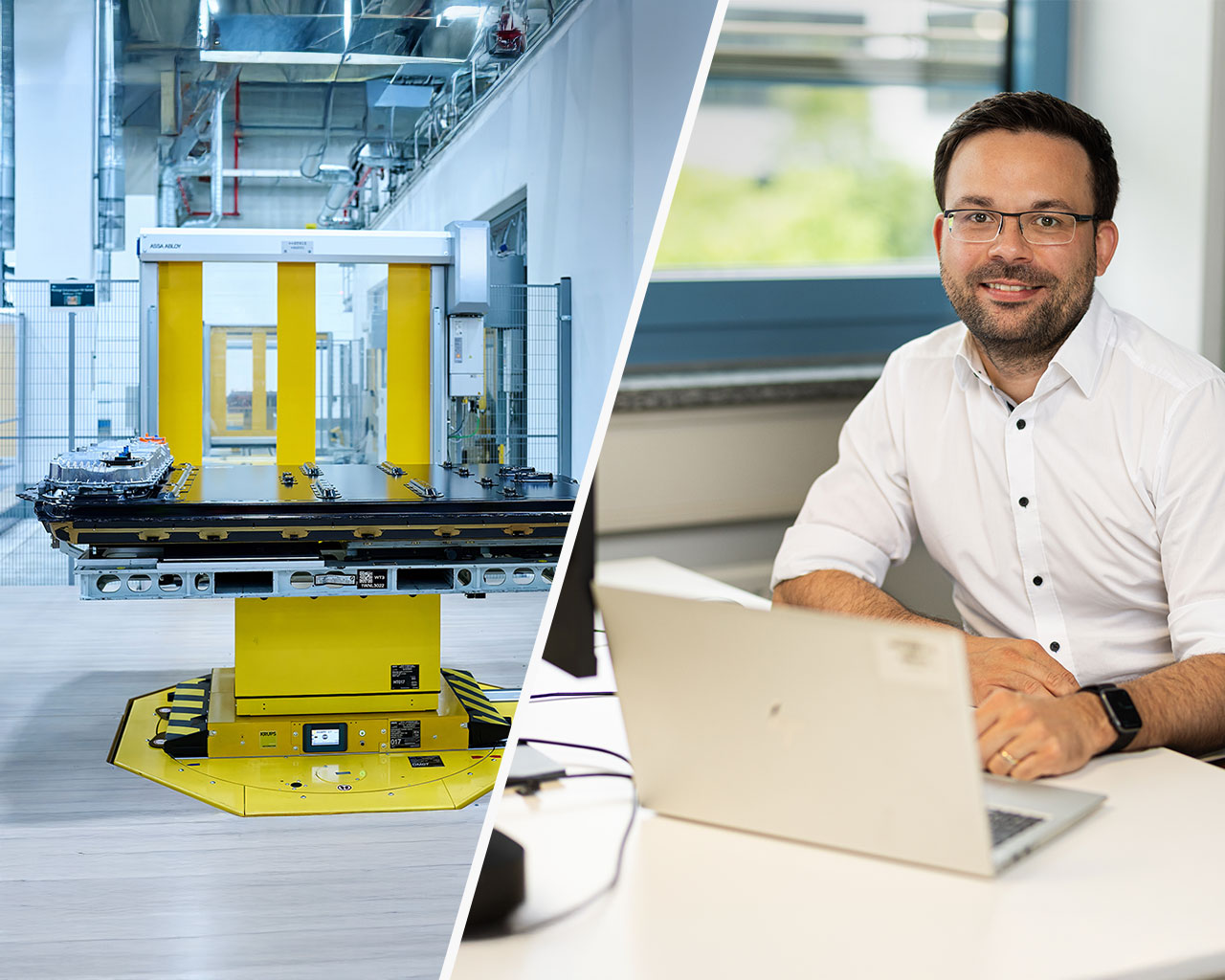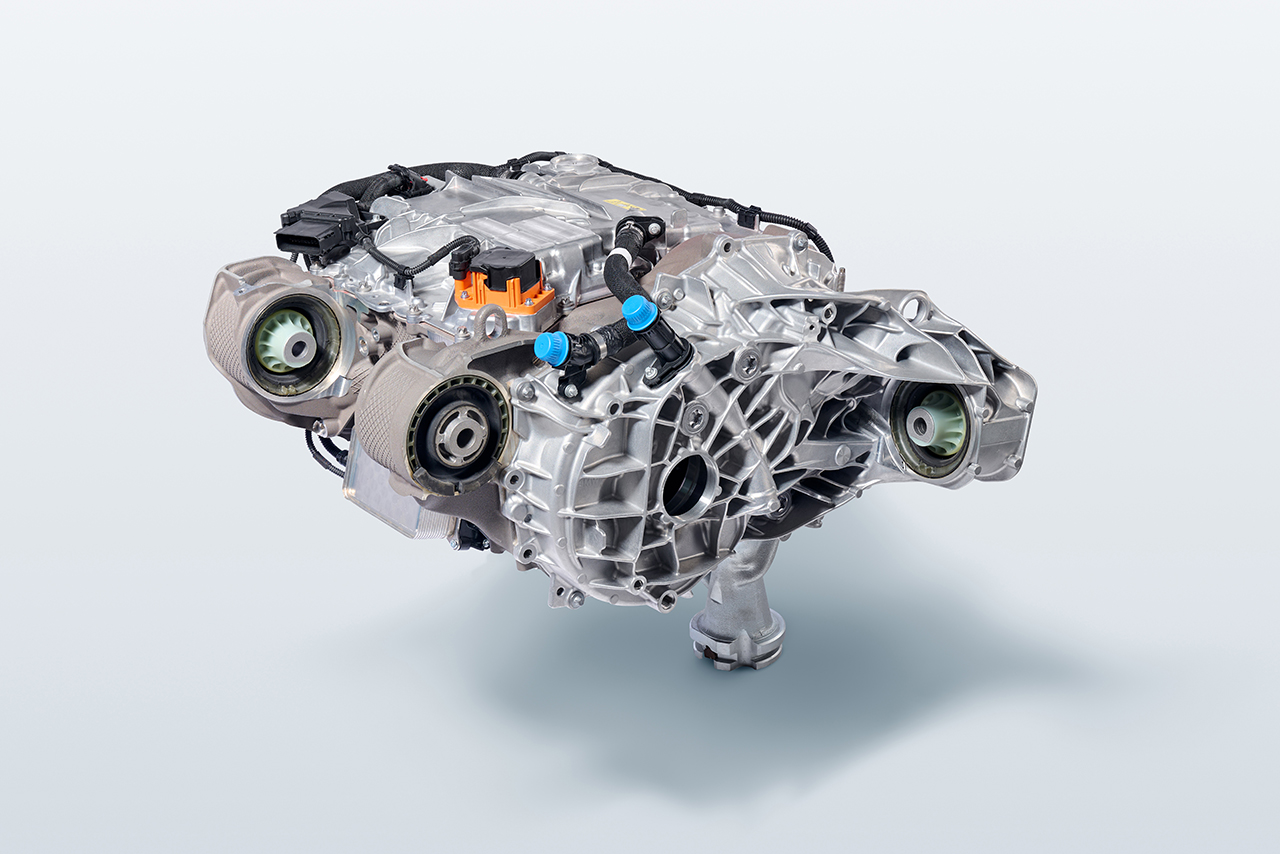BMW and MINI Charging provide the Flexible Fast Charger and other charging products for use both on the move and at home. We also offer charging solutions for corporate customers in cooperation with our partners. The BMW Group itself operates one of the largest company charging networks in Germany.
Charging should be as easy as conventional refuelling and we are working on digital solutions in particular to meet this demand. These include Connected Charging – an application that can be accessed from the vehicle as well as via an app. Via the service, drivers not only receive up-to-date charging information, since 2022 they have also been able to control the charging process at the touch of a button. The eRoute function also enables customers to plan their charging stops on long-distance trips. In the course of 2023, the first BMW models will also be equipped with a Plug&Charge function, in which both authentication and billing will be done automatically by connecting the vehicle to the charging system. Using the so-called multi-contract functionality, individual driving electricity tariff contracts from various providers can also be stored digitally within the vehicle to facilitate the use of charging stations from different operators.
We also promote the use of renewable energy. Since 2022, for each charging process conducted via BMW and MINI Charging, the equivalent amount of energy consumed is fed into the power grid as green electricity, which is certified via Energy Attribute Certificates (EACs) as recognised proofs of origin. Moreover, we are continuously working on integrating electric vehicles with their high-voltage storage systems in the energy grid.



















































